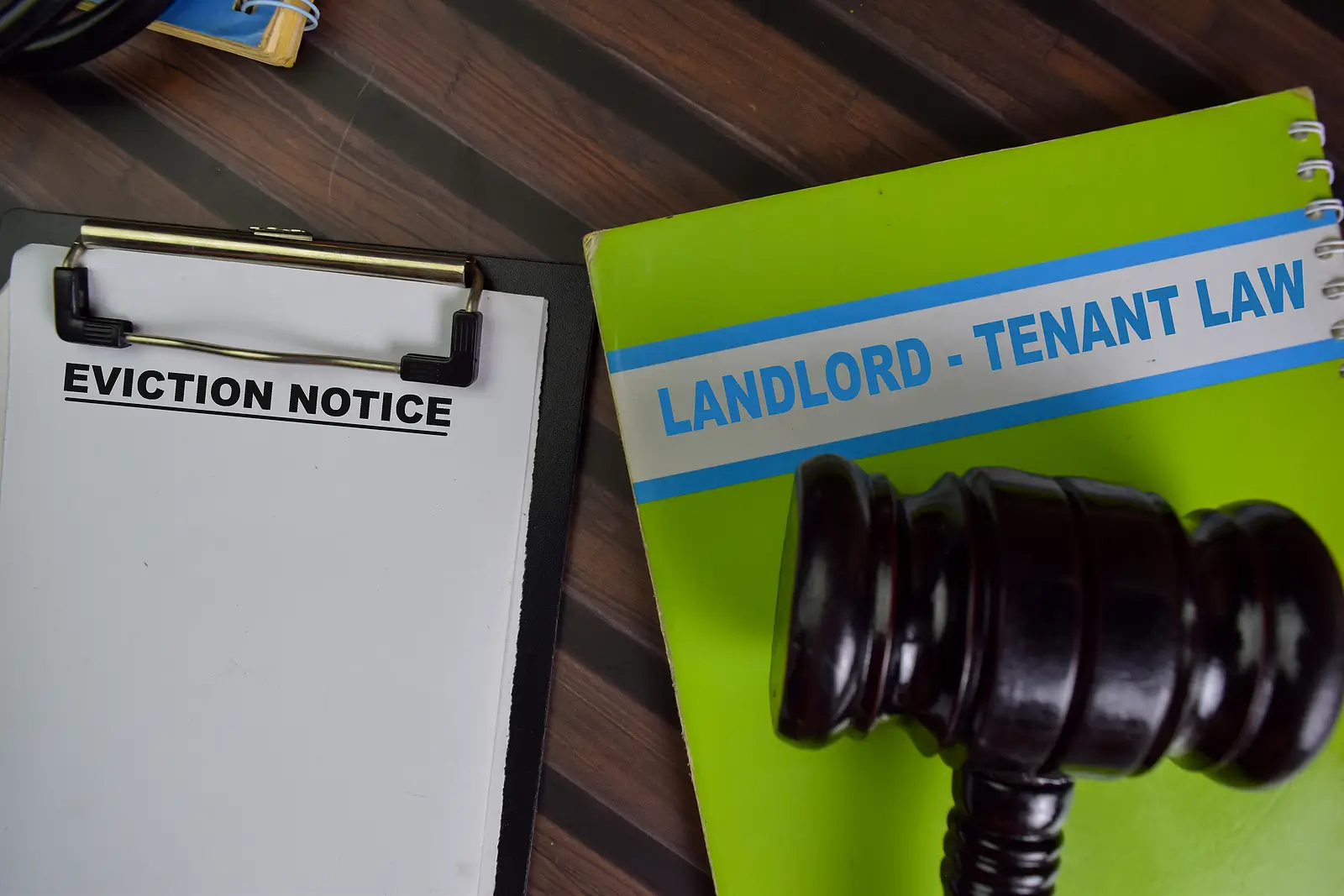Evictions aren't anyone’s favorite part of being a landlord. But if you're renting out property in Salt Lake City, you need to know how the Utah eviction process works. One wrong step and you could lose time, money, or even your eviction case in court.
This guide walks you through what you need to know about Salt Lake City eviction laws.
A. Paying Rent and Lease Violations
Most eviction cases start because of unpaid rent or lease violations. That’s the baseline. The lease agreement sets the rules, and once the tenant violates those terms, you have a legal reason to act.
Here’s where things typically go south:
- The tenant stops paying rent
- You find signs of property damage, or they’re committing waste
- They’re running an illegal business or involved in criminal activity
- They have unauthorized occupants or pets in the rental unit
Whatever it is, document everything. Keep a clean paper trail in your tenant files. The entire eviction process starts with proof.
B. Starting the Eviction Process: Notices and Paperwork
Under Utah eviction law, you can’t just tell a tenant to leave. You’ve got to serve them proper notice. That notice depends on the issue:
- Unpaid rent = 3-day notice to vacate
- Illegal activity = immediate eviction
- Other lease violations = anywhere from 3 to 15 days, depending on what happened
The written notice has to be properly served—taped to the door, mailed, or handed directly to the tenant. If they still don’t leave after the notice period, it’s time to file an eviction complaint with the court.
That kicks off the legal process, starting with the court filing and summons, and complaint.
C. What Happens at the Occupancy Hearing
If the tenant remains in the rental premises, you’ll get a court date—called an occupancy hearing. This is your chance to show the judge:
- The written lease or rental agreement
- A copy of the eviction notice
- Any court documents or proof that notice was delivered
- Evidence of lease violations, property damage, or unpaid rent
The court may issue a court order or a default judgment if the tenant doesn’t show up. If the landlord wins, the judge will sign an order of restitution. That lets law enforcement officers physically remove the tenant and their personal property from your rental property.
D. Evicting a Tenant for Illegal Activity
Evictions move faster when illegal activity is involved. If a tenant is selling drugs, running an illegal business, or committing any kind of criminal activity from your unit, the Utah eviction process skips ahead.
With the right evidence and a fast court hearing, the judge can issue a quick order of restitution. That means law enforcement can remove the tenant faster than a regular eviction timeline. This only works if the activity is serious and clearly violates Utah code.
Handle Lease Violations the Right Way
Salt Lake City’s rental market is tight. Vacancy rates were at 7.9% in early 2025, and rental demand is still high. You don’t want a bad tenant dragging things down or holding onto a unit past the next rental period.
If you're tired of guessing your way through eviction hearings, let Northpoint Asset Management in Salt Lake City handle it. Our experts have the professional knowledge for the entire eviction process, from notice to vacate all the way to court order.
Stop stressing about evicting a tenant. Contact us today, and we’ll make sure your eviction case is done right—legally and quickly.
FAQs
What are the typical costs associated with filing an eviction in Utah?
The cost of filing an eviction in Utah depends on the amount of damages you're claiming. If the claim is for $2,000 or less, the court filing fee is $90. For claims between $2,001 and $10,000, the fee goes up to $200. And if you're claiming more than $10,000, expect to pay $375. These fees are set by the Utah State Courts and can change, so it's always good to double-check the latest rates.
What happens to a tenant's personal property after eviction in Utah?
If a tenant leaves personal belongings behind after being evicted in Utah, the landlord has to follow specific rules under state law. First, the landlord must store the items in a reasonable way and at a reasonable location. Then, they’re required to send the tenant a written notice explaining how and where they can retrieve their property. If the tenant doesn’t claim the items within the time frame given in the notice, the landlord is allowed to dispose of them. These steps are in place to protect both the landlord’s responsibilities and the tenant’s rights.
Can I waive eviction filing fees in Utah if I can't afford them?
Yes, Utah courts offer a fee waiver process for individuals who cannot afford the filing fees associated with eviction proceedings. To apply, you'll need to complete a "Motion to Waive Fees" and an "Order on Motion to Waive Fees," providing information about your financial situation. If approved, the court may waive fees such as the filing fee, service fees, and other related costs. It's important to note that not all fees can be waived, and eligibility is determined based on income and financial hardship.


